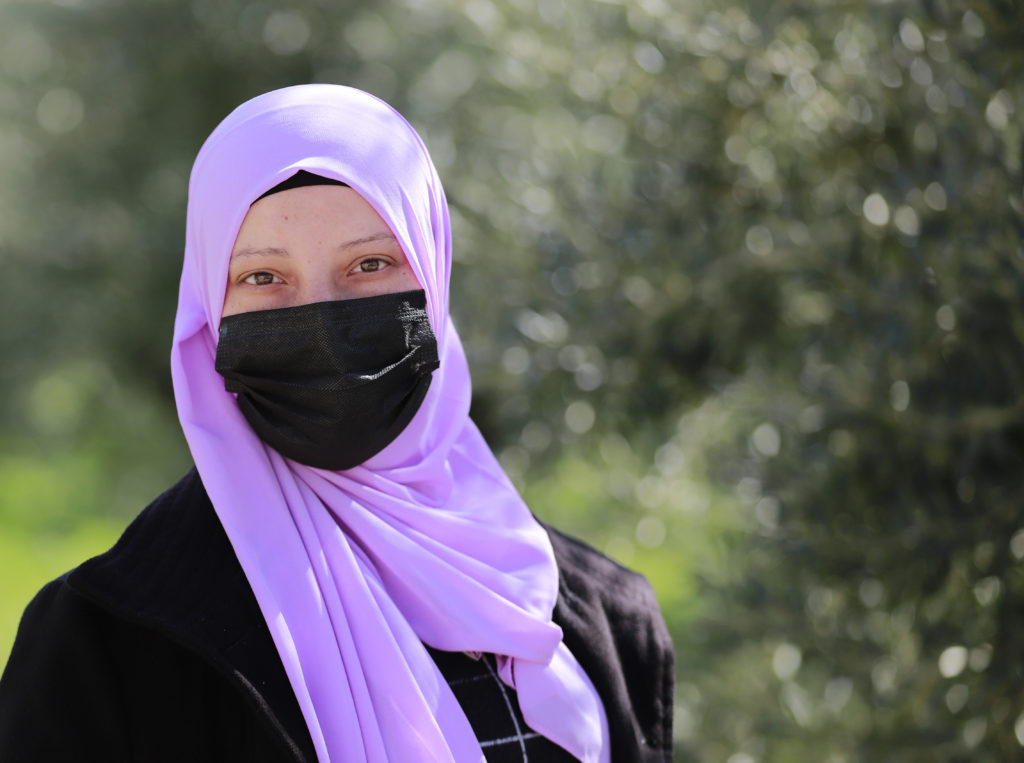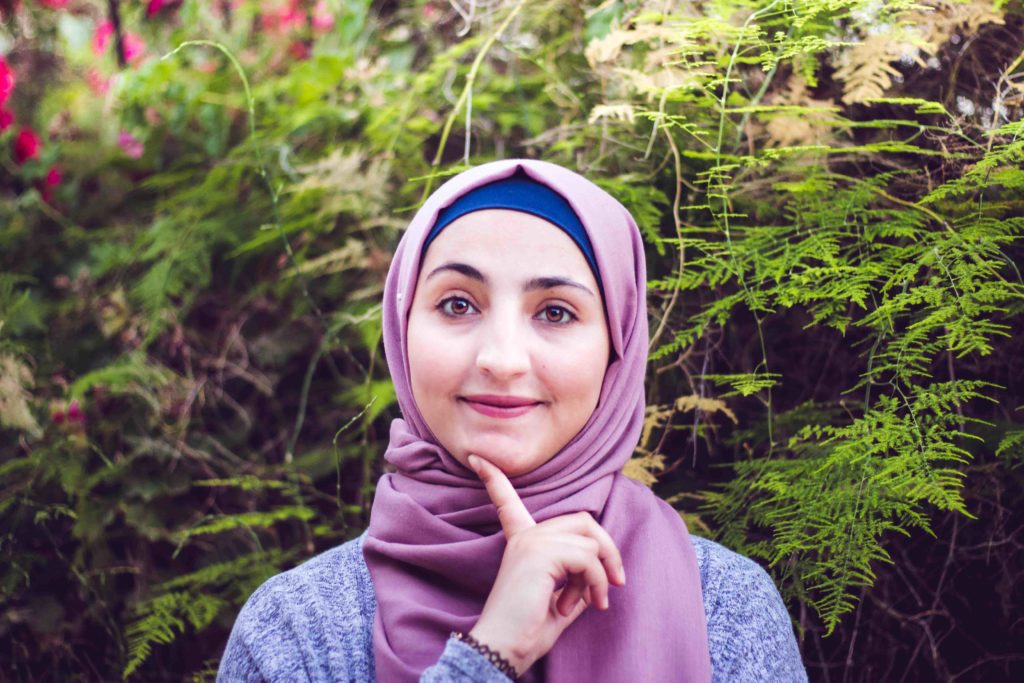Nov, 2010
On September 22, doctors from the West Bank sat in the Al-Quds University Media Center in Al-Bireh for their first of six continuing education classes.
The lecturer, though, was not there with them. Instead, the medical experts leading the class joined their students by videoconference from Baltimore, Maryland’s Johns Hopkins Center for Clinical Global Health Education (JHU-CCGHE).
Thanks to private funding and cooperation from the Ministry of Health, private sector and non-governmental organizations, Anera is bringing the medical expertise of Johns Hopkins to Al-Quds University through the use of modern technology.
The Telemedicine Program consists of six lectures, running from September to February, on general medicine that are given by different speakers via videoconferencing in Gaza, Hebron and Ramallah. The current schedule includes six topics: Cirrhosis, dialysis, nonsocomial infections, lipids, asthma, and Type-2 diabetes.
A recent University of Jordan graduate, Dr. Abu Leil sees the telemedicine course as a great opportunity to gain from his more experienced colleagues. “I’m taking this course out of a personal desire to develop and keep myself updated on the newest developments in medicine, especially in first world countries.”
That is one of the program’s goals, says Dr. Hani Abdeen, Director of the JHU-CCGHE. “This is a very good program for the medical community over the long term. The course and videoconferencing approach helps close gaps in medical education.”
Dr. Abdeen, along with JHU colleagues Dr. Bob Bollinger, Dr. Gilbert Burnham, Minister of Health Dr. Fathi Abu Moghli, Secretary General of the Palestinian Medical Council Dr. Munzer Al Sharef, and Anera Country Director Dr. Ken Lizzio, participated in the inaugural session in September.
Each class consists of a 45-minute lecture with PowerPoint slides and 30 minutes for questions and answers. Two weeks prior to each session, participants are required to take tests to be completed before the start of the session. Two additional weeks are given after each session for participants to complete post-tests. Anera’s Program Manager Dr. Rand Salman says feedback after the first classes has been positive and encouraging. Interest in continuing education is high among Palestinian doctors and hospital specialists who might not otherwise be able to pursue such classes.
Dr. Burhan Sammar travels from his practice in Jenin twice a month to attend the class in Ramallah. “Medicine requires sacrifice, dedication and hard work. One must never stop learning. I leave my clinic and my responsibilities just to attend the telemedicine classes, because they are very beneficial and offer up-to-date information.”
Dr. Sammar is head of the Red Crescent Society in Yamoon, west of Jenin, as well as the Medical Development Society, which offers a daily mobile clinic service to impoverished and remote areas in Jenin. He underscores the need to stay on top of medical developments to better serve his community. “Palestine is in genuine need for such a course. It offers an incentive for all doctors to never stop researching, developing and learning new things.”
So far, 110 Palestinian doctors have enrolled in the program, which requires regular attendance and completion of tests after each lecture. Participants are expected to earn a combined average grade of 70% or higher on all post-tests.
Anera’s Dr. Salman says there is much interest in long-distance learning: “We’re pioneering the culture of learning through videoconferencing and continuing medical education in the West Bank.” She adds, “We are exposing the medical sector to international expertise, medical trends, knowledge and up to date information.”


